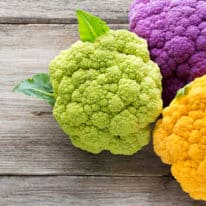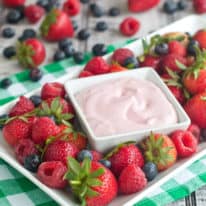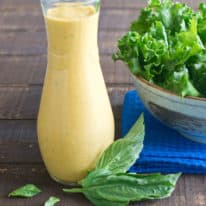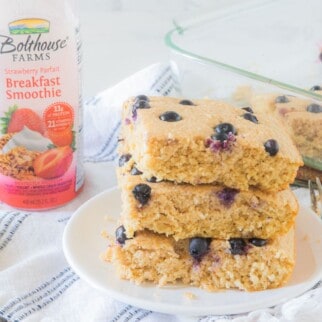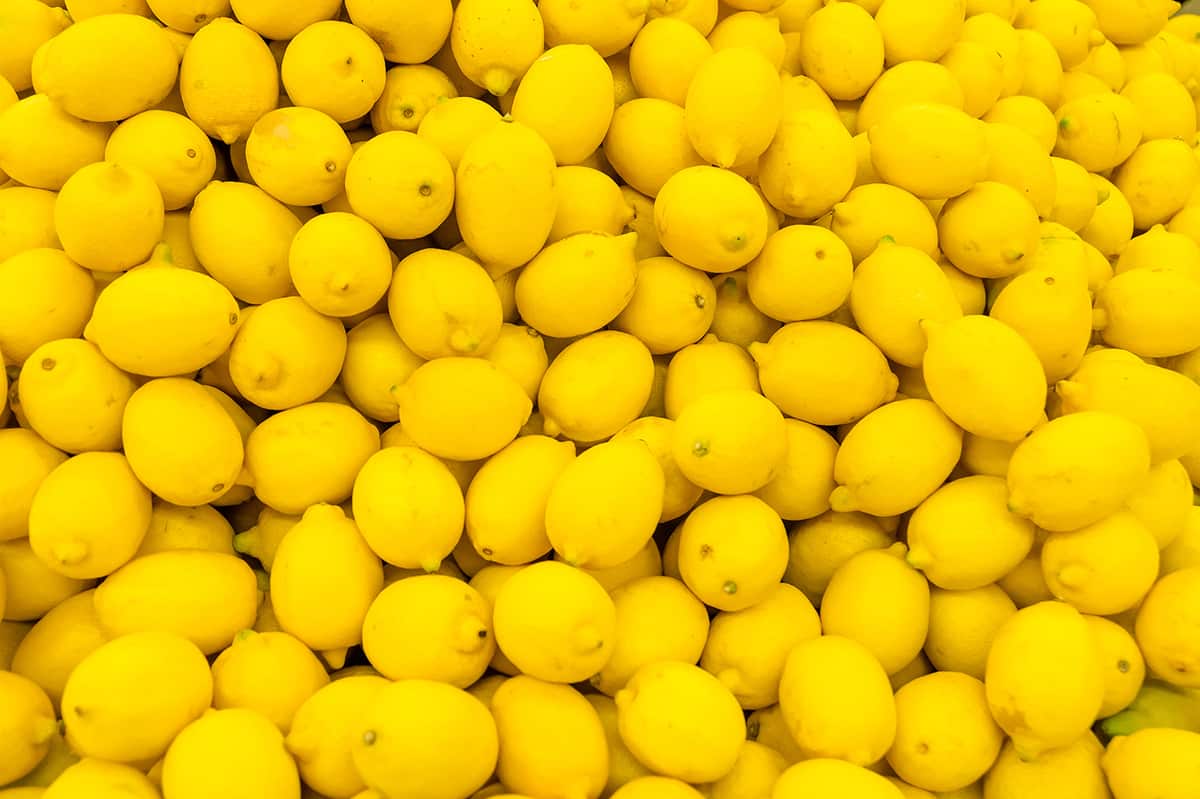
Seasonality:
- Lemons are in season year-round.
Health Benefits of Lemons:
- Lemons contain vitamin C, citric acid, flavonoids, B-complex vitamins, calcium, copper, iron, magnesium, phosphorus, potassium, and fiber.
- The Vitamin C and flavonoids in lemons that help fight infections like the flu and colds.
- Lemons contain 22 anti-cancer compounds.
- Lemons contain more potassium than apples or grapes. Potassium is beneficial to the heart.
How to Select Lemons:
- Choose lemons that are heavy for their size, give slightly when gentle pressure is applied and have a pleasant fragrance.
- The skin of a lemon should be bright yellow with no wrinkling.
- Avoid lemons that are too soft or have signs of mold.
How to Store Lemons:
- Store lemons in a sealed plastic bag in the refrigerator for up to a month.
- When stored at room temperature, lemons should last about a week or two.
How to Prepare Lemons:
- Always wash before slicing.
- Before juicing, roll a room-temperature lemon under your palm to break down the cells inside the fruit that hold liquid. If a lemon is especially hard, microwave it for 20 seconds. You should get 2 to 3 tablespoons of juice per fruit.
Fun Facts About Lemons:
- One lemon contains a full day’s supply of ascorbic acid, or vitamin C, but that’s the whole fruit; the juice holds about a third.
- For hundreds of years, sailors and explorers ate lemons or limes to prevent scurvy on long sea voyages. Scurvy was caused by a lack of Vitamin C.
- Lemon trees produce fruit all year round. One tree can produce between 500 and 600 pounds of lemons in a year.
- Did you know lemons can be used for more than adding flavor to your water? Check out these 7 Tips for Using Lemons in the Kitchen including cleaning tips, seasoning ideas and more!
Learn more at the Florida Department of Citrus, California Citrus Growers Association and Summer Citrus from South Africa
Get additional resources in our Nutrition Education Center



